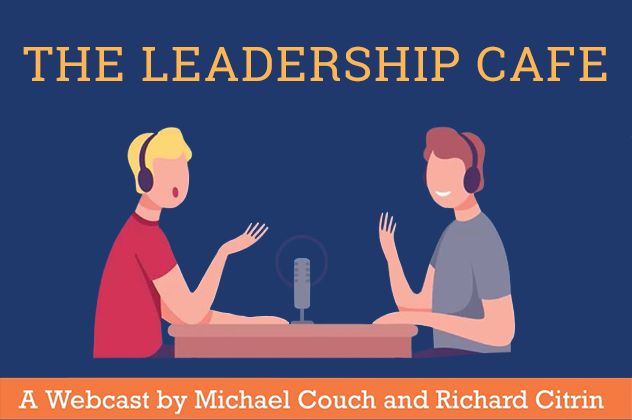The other day at the pool, I watched a friend encouraging his three-year-old daughter to jump off the diving board. He was in the water, his arms wide open, ready to catch her. She hesitated and walked back, but he reassured her, suggesting they do it together. Reluctantly, she agreed, and they jumped, looking like tandem skydivers, though it was just a five-foot drop. She cried when they surfaced despite his comforting words.
He came over and asked me if I had any suggestions to help Avery not be scared. I told him to whisper in her ear that he loves her and that they could do it together and it would be fun. With each jump, she’d believe in her capability and would grow braver. By the second or third jump, she’d start to enjoy it, and by the fifth, she wouldn’t need his help.
That evening, we met some other friends whose grandchildren were visiting. We gather at the local ice cream stand for updates when these kids come in every summer. Most of the conversation was about their baseball and softball careers, but 14-year-old Megan shared her summer reading assignment, The Anxious Generation by Jonathan Haidt, which explores the mental health challenges faced by today’s teens. She told me that she sees a good deal of mental health issues among her friends, including depression, cutting, and anorexia.
I cringed a bit at her teacher’s choice. While the book accurately describes issues related to our culture moving from a play-based childhood to a digital-device experience, many of these self-help books spend the first half describing the problem, often reinforcing readers’ hopelessness. It is not until the book’s second half that seeds of possibilities are sown. I suggested, therefore, that she read the second half first. I emphasized that she and her friends have amazing capabilities and can overcome these challenges. For example, I retold her a story she told me earlier in the evening about how she learned to become a better softball hitter after she’d struck out too much at the beginning of the season.
I’m unsure if she’ll take my advice, but we’ll see over a coffee ice cream cone next summer.
We’re built for adversity, especially our youngest. Watching my friend’s daughter learn to jump off the diving board reminded me of this. Each leap, though scary at first, builds confidence and courage. Similarly, Megan and her friends face daunting challenges, but they can overcome them with the right support and recognition of their own capabilities.
Resilience is a quality that is hardwired into us, but when we get pounded with messages of our inadequacy or how everything is a trauma (many things are very difficult, but not everything), it’s not about learning to be resilient but finding ways to strengthen our resilience. Research going back over 70 years shows that the key is to have other people around us who love, support, and believe in us along with giving ourselves the messages of our own capabilities.
© Richard Citrin 2024

